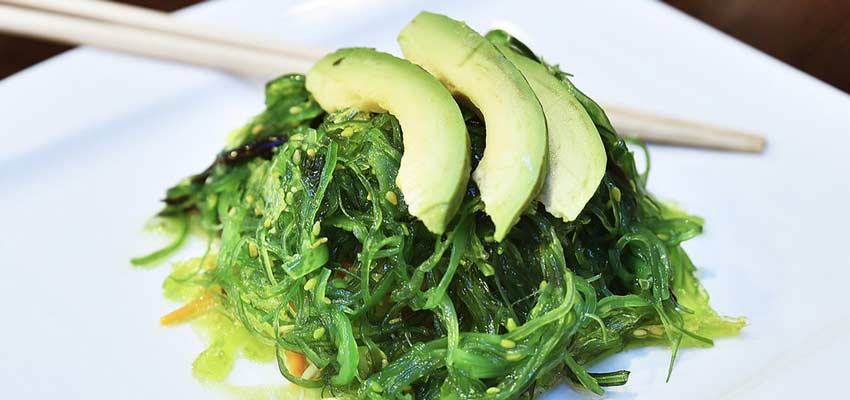Algae and food containing algae are trendy, are considered nutritious and sustainable, but can also pose a health risk.
The German consumer advice centres have had 142 algae products – from monoproducts to drinks – analysed and examined in terms of labelling.
The result: the declaration of the type and content of algae, iodine content, maximum intake levels and warnings was insufficient in many cases. Asian cuisine is very popular. Macroalgae such as nori and wakame and microalgae such as spirulina and chlorella, which are often sold as food supplements, are rich in protein and provide valuable omega-3 fatty acids. They are also high in fibre and a source of vitamins and minerals.
A special feature of seaweed is its high iodine content, which can vary greatly from species to species. Iodine is involved in many processes in the body, but too much can, for example, affect thyroid function. According to the recommendations of the German Nutrition Society, adults should consume at least 200 micrograms of iodine per day, but no more than 500 micrograms. Information on the iodine content and the recommended intake is therefore important. In 41 per cent of the samples examined, this information was missing from the label. The type of algae used and its proportion in the food also remains unclear.
The claim of high protein content is intended to encourage purchase, but there is a risk that the recommended daily allowance of iodine will quickly be exceeded if large quantities are consumed.
YOUR PLUS: As you may have guessed, the AGROLAB GROUP food laboratories also test algae products for correct labelling and iodine content, as well as for possible contaminants such as heavy metals.
Author: Dr. Frank Mörsberger, AGROLAB GROUP

 Contact
Contact

 Contact
Contact Career
Career